Wolfgang Baumeister, a renowned molecular biologist, made the decision to relocate his research to China in 2019, after nearly three decades at the Max Planck Institute of Biochemistry in Munich, Germany. Baumeister, the pioneer of cryogenic-electron tomography, which enables researchers to construct 3D images of large molecules and the insides of cells, is now based at the iHuman Institute at the ShanghaiTech University in China. He was awarded the Hong Kong Shaw Prize for life science and medicine this year for his work.
Baumeister's decision to move to ShanghaiTech University was influenced by a big European Research Council grant for work on neurotoxic aggregates, which he and his colleagues had secured. "We were looking for a place where we could really focus on our research without the bureaucratic hurdles that we encountered in Europe," Baumeister explained in a conversation with Nature. "China has been very welcoming, and the infrastructure at ShanghaiTech University is excellent." Baumeister's research at ShanghaiTech University continues to focus on the molecular machinery involved in type 2 diabetes.
Baumeister's expertise in cryogenic-electron tomography has been instrumental in advancing our understanding of cellular structures and functions. This technique allows researchers to visualize the intricate details of cells and their components, which is crucial for understanding various diseases, including type 2 diabetes. Baumeister's work has significant implications for the development of new treatments and therapies for this condition.
China has been actively courting top researchers like Baumeister, offering them attractive incentives and state-of-the-art facilities. The country's goal is to become a global leader in scientific research and innovation. Baumeister's move to China is part of a larger trend of highly accomplished researchers emigrating to the country. In the past three years, a number of prominent scientists have made the same decision, citing the country's favorable research environment and opportunities.
Baumeister's experience highlights the challenges and opportunities that researchers face in today's global scientific landscape. As the world becomes increasingly interconnected, researchers are seeking out new opportunities and collaborations that can advance their work. Baumeister's decision to move to China reflects the growing importance of international collaboration and the need for researchers to adapt to changing circumstances.
Baumeister's research continues to make significant contributions to our understanding of cellular structures and functions. His work at ShanghaiTech University is ongoing, and he remains committed to advancing our knowledge of type 2 diabetes and other diseases. As the scientific community continues to evolve, Baumeister's experience serves as a reminder of the importance of flexibility and adaptability in the pursuit of scientific knowledge.
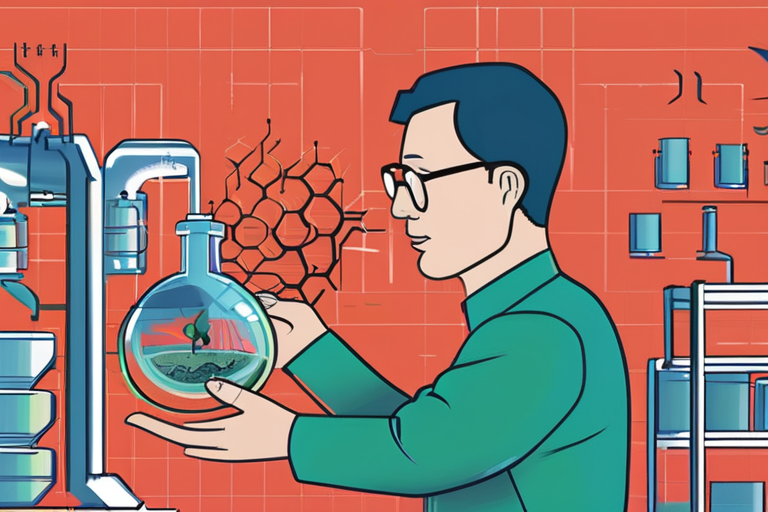

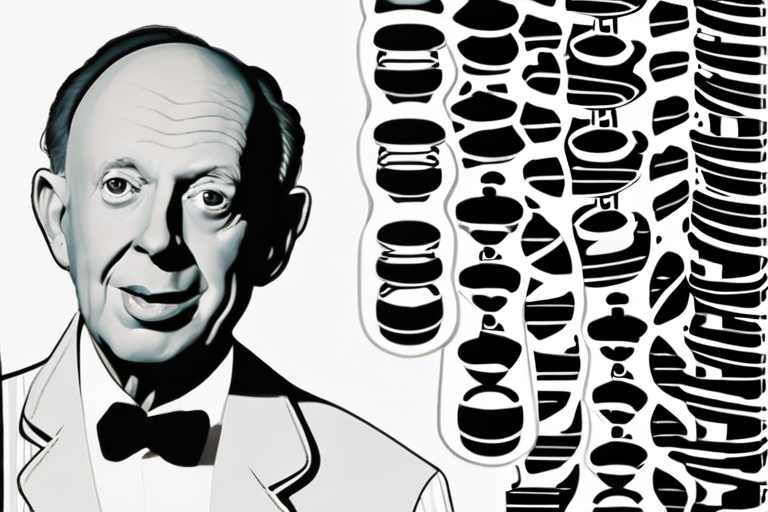
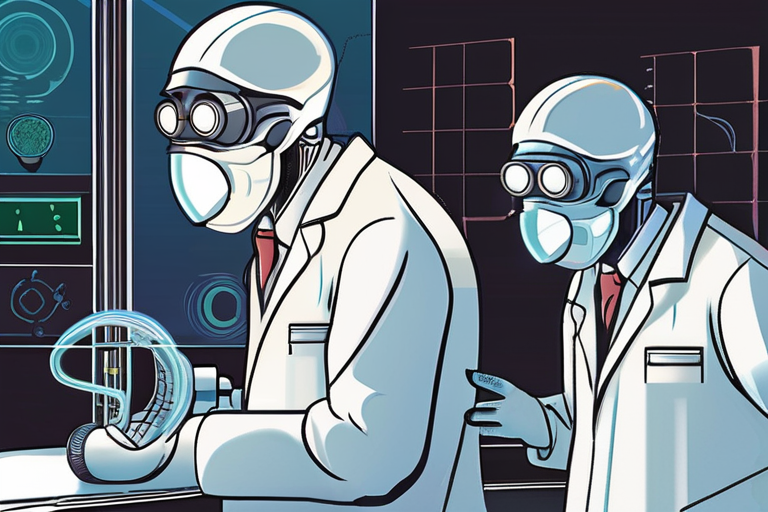
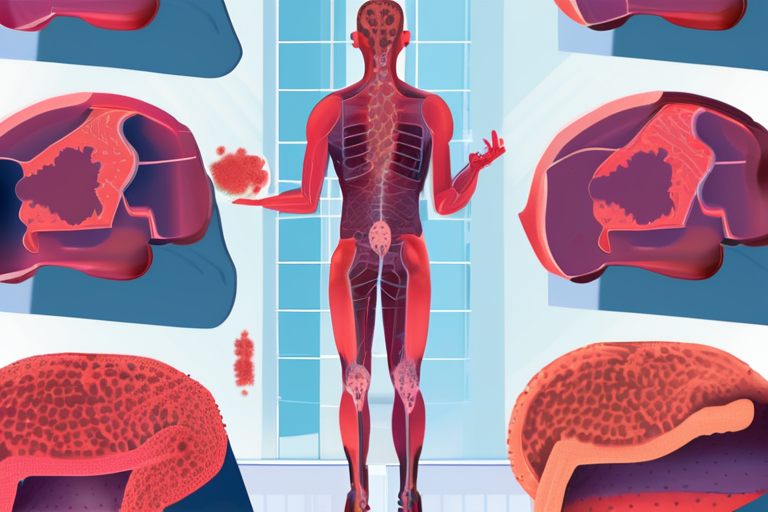
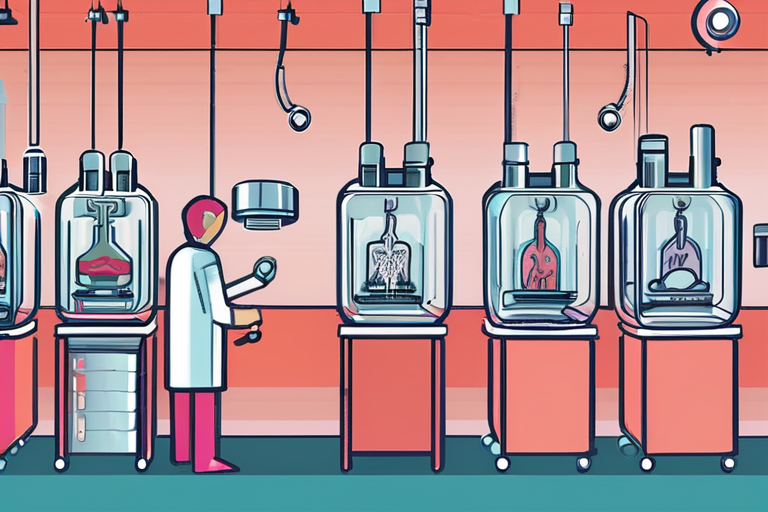
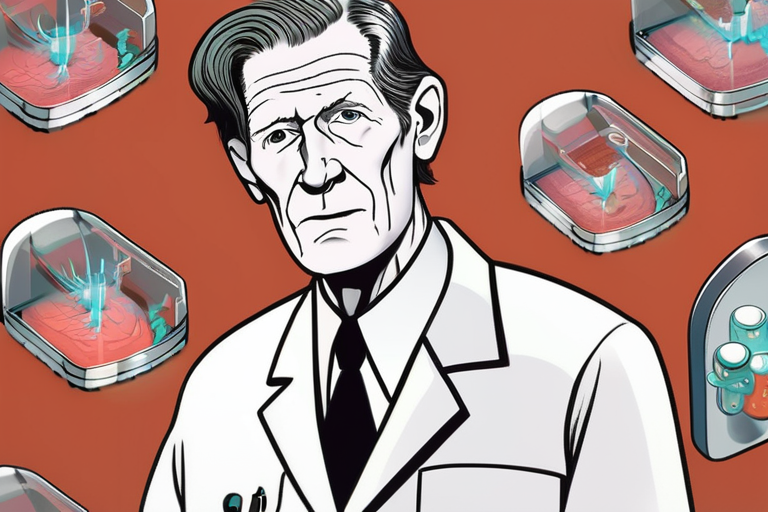

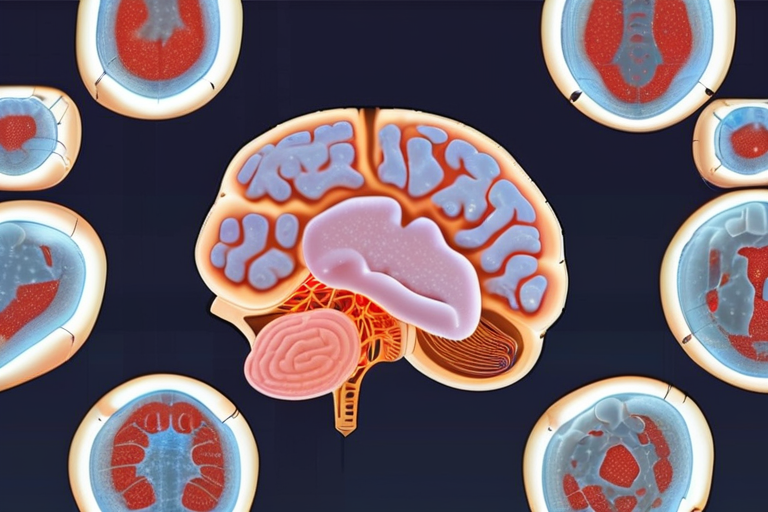




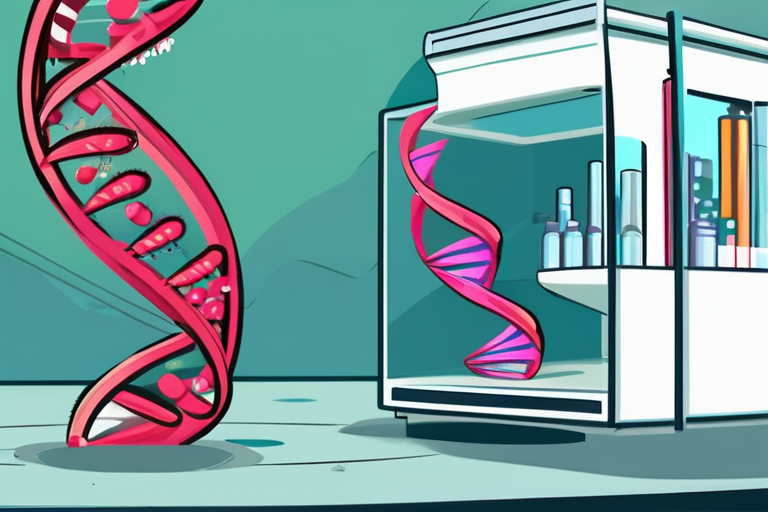

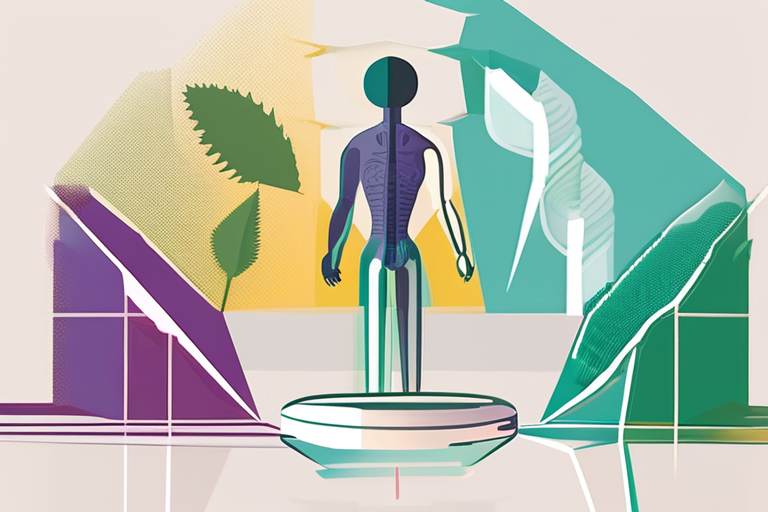

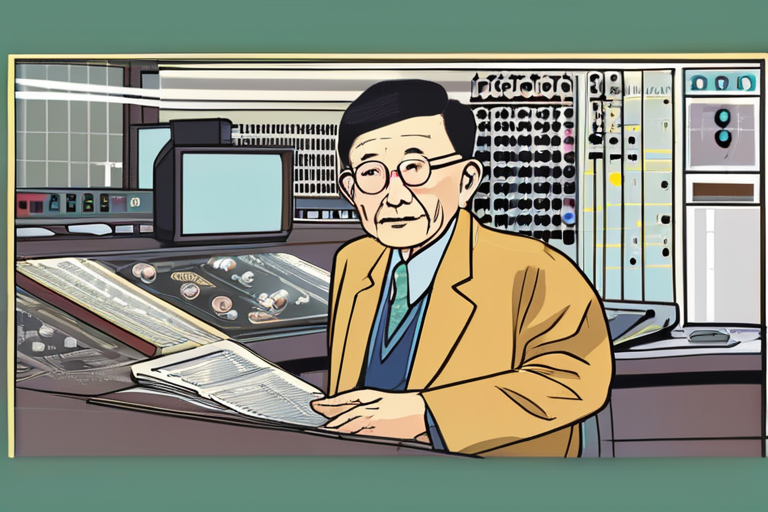
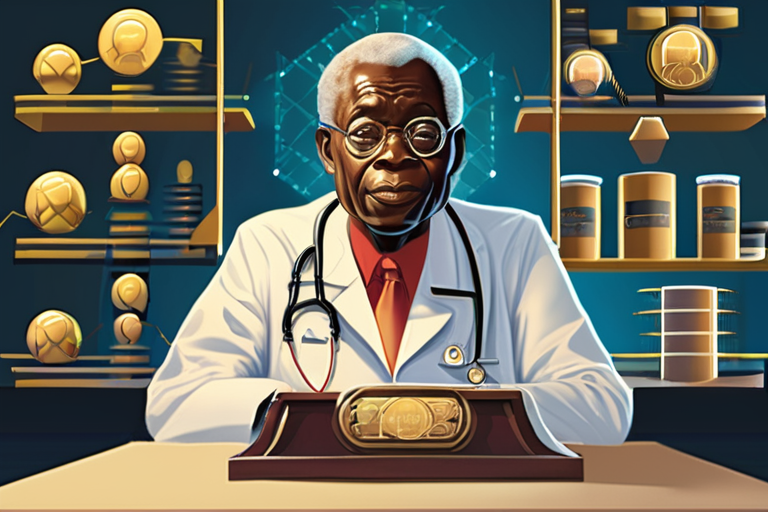





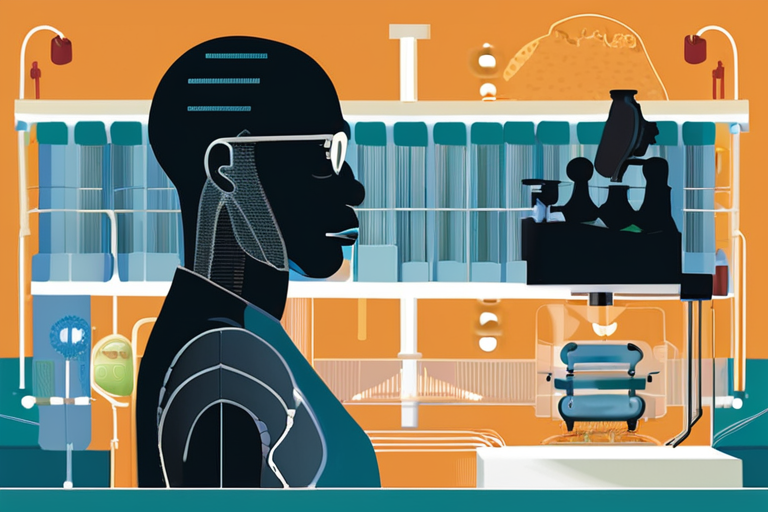
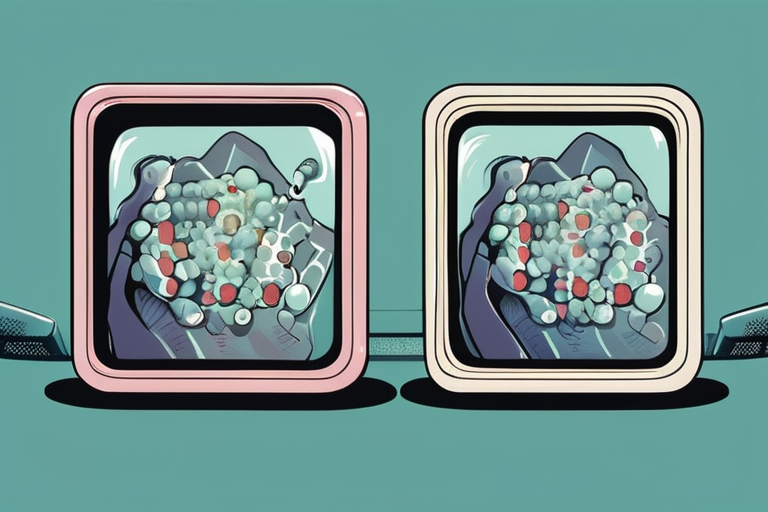
Share & Engage Share
Share this article